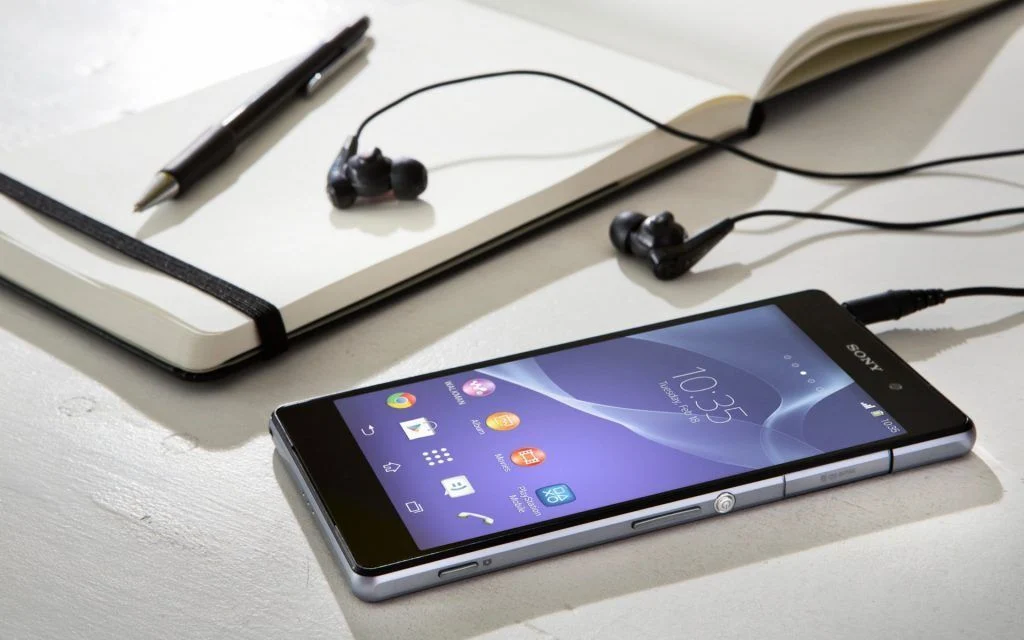Why Mobile Technology Is Essential In Education? In the Information Age, teachers and students need each other more than ever. Today, they need each other to stay on task and keep up with information. But mobile devices are not a panacea, as Apple CEO Steve Jobs noted in 1995. Teachers and students need both a competent and engaging teacher and mobile tools. The key is balancing the benefits of both. Let’s look at some of the ways mobile technology is already benefiting education.
One of the most useful uses of mobile technology is to replace textbooks. Traditional textbooks are quickly out of date, making them a useless resource. With an e-reader, students can learn at their own pace and have an almost identical educational experience in the classroom as they do at home. Using mobile technology in education has also made the process easier by eliminating manual grading. Using mobile devices in the classroom allows teachers to use their time more effectively.
Another use for mobile technology is security. Colleges and universities are making the move toward mobile learning. Despite the limitations of stationary phone systems, they are replacing them with mobile phones in their campuses. For example, Purdue University has installed an app called Hotseat, which transforms the classroom into a collaborative social media. Students can share documents and participate in online discussions from anywhere on campus, and professors can adapt their curriculum to meet student needs. Moreover, mobile payments are becoming more prevalent and faster than traditional credit card transactions.
Another useful use of connected devices in education is in tracking students’ location. The connected devices enable professors to track student progress and determine which students need extra attention. These statistics also help teachers adjust lesson plans based on their students’ needs. Additionally, connected devices provide universities with the ability to monitor students, staff, and resources. This makes it safer for all on campus. This technology is vital to the future of education in America.
One study analyzed tablet use among fifth and eighth graders and found that students who used tablets in class were more engaged in the lessons and more motivated. Their academic performance was also improved. Overall, 54% of students reported that they were more engaged in class when tablets were used in education. In addition, they wished that teachers used educational games more often. The findings of these studies indicate that using tablets in education can be a positive force for the future of students.
Although mobile technology is considered an advanced technology, it is not yet widely used in education. While there is substantial research on the topic, little is known about its readiness for implementation. Furthermore, many countries have not yet embraced mobile learning as a viable option. This is due to lack of awareness, accessibility, and technological skills. In short, mobile learning is still a young technology. The implementation of this technology is critical to its success.



